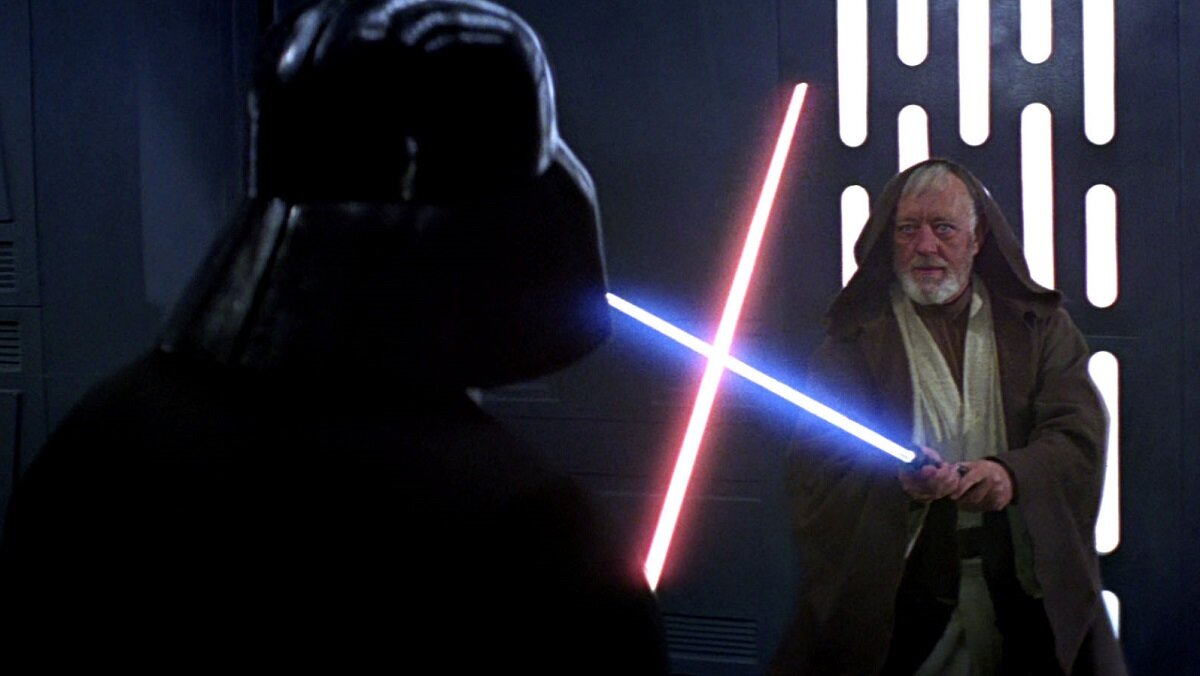Episode 81: Space Fantasy Is a Thing. Deal With It!
Star Wars gave us space wizards with laser swords and we love it
Ever since Star Wars introduced space wizards with laser swords, we've been in love with space fantasy. Most space opera contains a certain amount of magical hand-waving, but there's something truly wondrous about an epic that embraces the potential of magic among the stars. Plus Charlie Jane talks about her brand new young-adult novel, Victories Greater Than Death!
Notes, citations, & etc.!
Space fantasy has been around forever. Some of the most famous examples include Star Wars and Dune.
A narrow definition of space fantasy basically says that it’s space opera with notable fantasy elements, like wizards, castles, spells, dragons, etc. A more expansive definition, though, says it’s any space opera that contains elements that aren’t really explained by strictly plausible science.
Gods show up regularly in Star Trek, including the notorious Q.
As we previously discussed, Clarke’s Third Law allows magic to show up in a space setting, as long as it’s “sufficiently advanced technology.”
As many people have pointed out, the protomolecule in The Expanse is basically magic.
To some extent, space opera is a spectrum, with Star Wars at one end and “hard SF” writing like Alastair Reynolds at the other.
Lately we’ve seen a wave of animated shows that put magic in space, like She-Ra and Steven Universe. Star Wars is back in a big way. The Marvel Cinematic Universe has been foregrounding magical characters like Thor and Dr. Strange, and putting them in space. Earlier, Battlestar Galactica was dripping with mysticism.
Also, novels like Once and Future put mythic legends into space.
Victories Greater Than Death by Charlie Jane Anders comes out on April 13, and it’s available for pre-order now!
